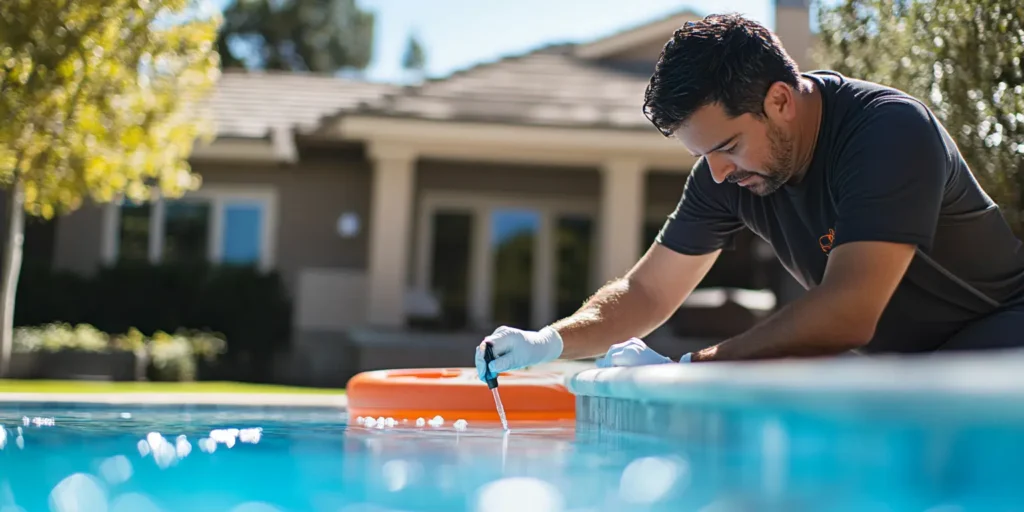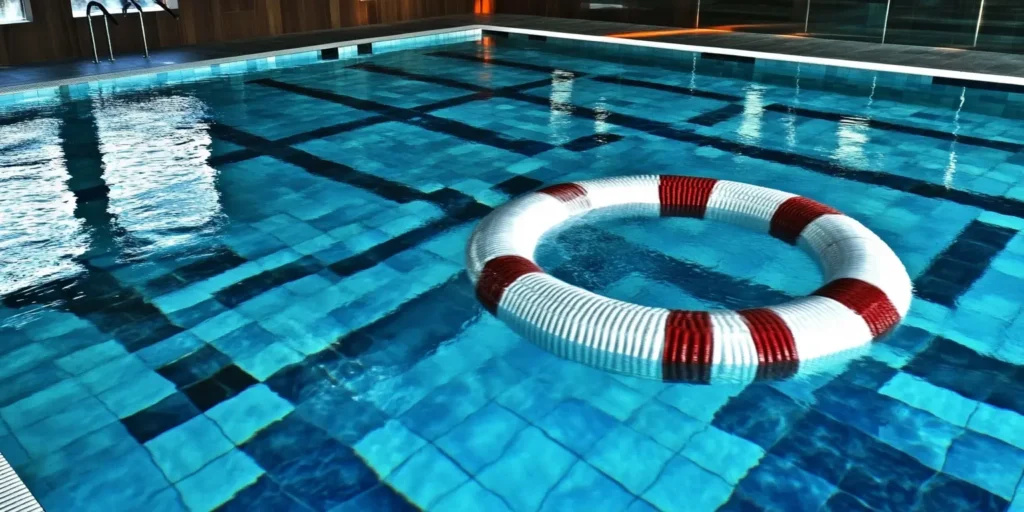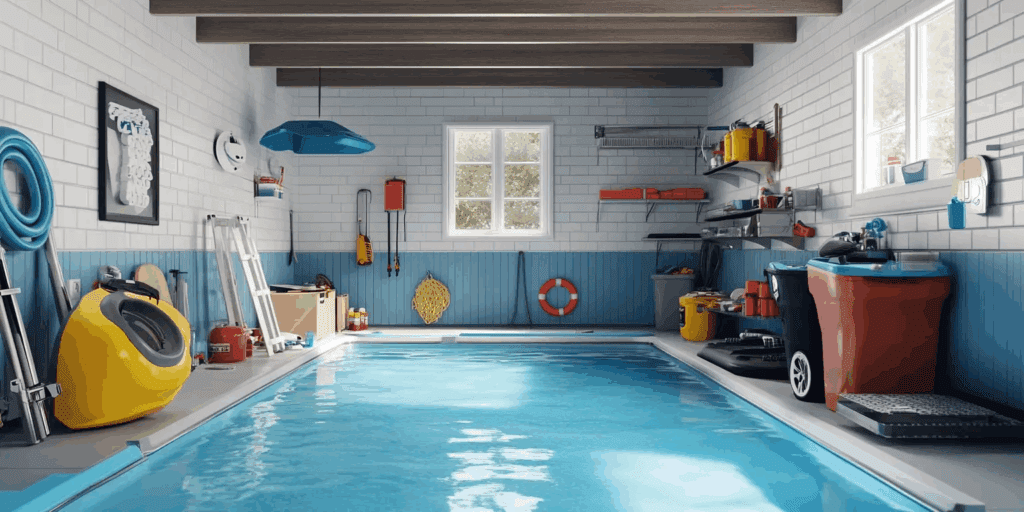Why Richmond Homeowners Are Switching to Saltwater Pools: Benefits, Costs, and What to Expect
Are you considering a saltwater pool for your Richmond, Virginia home? If so, you’re not alone. More homeowners in the area are making the switch from traditional chlorine systems to saltwater pools—and for good reason. In this guide, we’ll break down what saltwater pools are, why they’re trending, and what you need to know before taking the plunge.
What Is a Saltwater Pool?
A saltwater pool isn’t just a pool filled with salty ocean water. Instead, it uses a salt chlorine generator to convert pool salt into chlorine through a process called electrolysis. This provides consistent sanitation, with less harshness than traditional methods.
-
Gentler experience: The salt levels in these pools are much lower than the ocean—about the same as a teardrop—making swimming comfortable and refreshing.
-
Automated sanitizing: No more handling chlorine tablets every week.
Why Are Saltwater Pools Gaining Popularity in Richmond?
1. Lower Chemical Maintenance
Richmond’s climate—humid summers, variable rain, and heavy pool use—means traditional chlorine pools require constant monitoring. With a saltwater system:
-
The generator produces a steady level of chlorine, reducing the need for frequent manual adjustments.
-
Less time and money are spent on purchasing, storing, and adding chemicals.
-
Fewer chemicals mean fewer skin and eye irritations for swimmers.
Fact: While a saltwater system may cost more to install, many Richmond homeowners find the savings on chemical purchases and reduced maintenance more than make up for it over time.
2. Softer Water for Skin and Eyes
Have you or your kids ever left the pool with red eyes or dry, itchy skin? Saltwater pools are easier on sensitive skin and eyes:
-
Lower chlorine concentrations mean less irritation.
-
No more harsh chemical smells.
-
Many people with allergies, eczema, or young children notice a real difference.
3. Consistent, Automated Pool Care
Saltwater pools keep water balanced even as temperatures and usage change. Instead of scrambling to test and rebalance every time it rains, the salt chlorine generator works in the background, producing clean, clear water with minimal fuss.
How Does a Saltwater Pool System Work?
-
Pool Salt Added: You add a special, non-iodized salt to your pool water.
-
Electrolysis: As water passes through the salt cell, an electrical current converts salt into chlorine.
-
Sanitizing: This chlorine disinfects the pool—then reverts back to salt, so the cycle continues.
Installation Tips
-
Always hire a professional for installation.
-
Make sure your salt system is sized correctly for your pool (especially important in climates like Richmond’s).
-
Salt systems can be used in both new and existing pools.

Myths About Saltwater Pools—Busted
-
“No chlorine in saltwater pools.”
Not true. Saltwater pools make their own chlorine, just in a gentler, more stable way. -
“Saltwater pools damage equipment.”
Today’s pool equipment is designed for saltwater use. As long as you maintain proper salt and pH levels, you won’t have to worry about unusual corrosion.
Saltwater vs. Chlorine: Cost Breakdown
Upfront Costs
-
Salt chlorine generator: $1,500–$2,500 (plus installation)
-
Traditional pools are cheaper to set up, but…
Long-Term Savings
-
Less spent on chemicals over time
-
Fewer maintenance calls
-
Less hassle and fewer pool store runs
Bottom line: Saltwater pools often pay for themselves within a few years—especially in Richmond, where pools work overtime in summer heat.
Maintenance: What’s Different in Richmond?
-
Test water regularly: Mainly for salt, pH, and alkalinity—much less often than with a chlorine pool.
-
Salt cell cleaning: Inspect and clean the generator cell every few months to prevent buildup.
-
Occasional salt additions: Heavy rain, water replacement, or splash-out may require you to top up the salt.
The Big Benefits for Richmond Homeowners
-
Softer, more comfortable water
-
Fewer chemicals, less irritation
-
Lower maintenance effort and long-term costs
-
More consistent water quality, even with heat and storms
-
Eco-friendlier, with less chemical runoff
Saltwater Pool Pros & Cons
Pros:
-
Softer water
-
Less chemical smell/irritation
-
Automated chlorine production
-
Lower long-term costs
-
More eco-friendly
Cons:
-
Higher initial installation cost
-
Salt cell requires periodic cleaning
-
Salt can affect some older pool equipment (but not modern systems)
Ready to Make the Switch?
Saltwater pools are becoming the go-to option for Richmond homeowners seeking a comfortable, low-maintenance, and family-friendly backyard oasis. If you want to spend less time balancing chemicals and more time enjoying your pool, a saltwater system might be the right choice for you.
Have questions? Thinking about an upgrade?
Leave a comment below, or contact our pool experts to get started on your saltwater pool journey!




